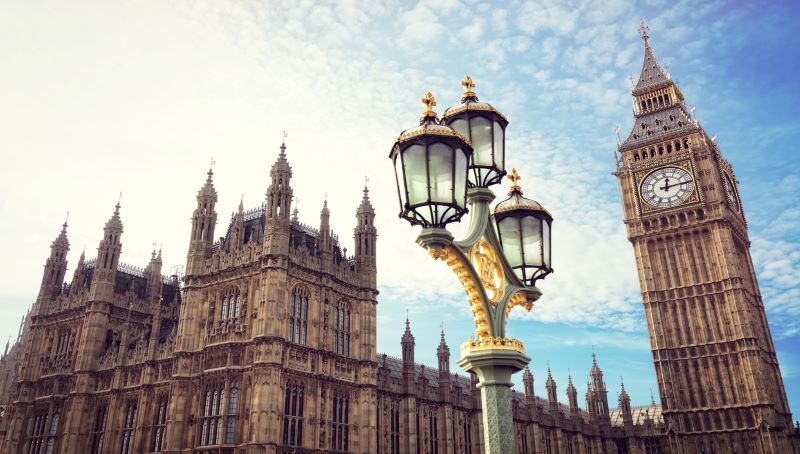
By Colin Wiles, housing consultant.
The House of Lords has long been an irritant for the government on housing policy. Back in 2016 the Lords’ Economic Affairs Committee attacked the government for its “narrow focus” on homeownership.
It called for 300,000 homes to be built each year and a significant increase in social rented homes. Committee member Lord Michael Forsyth (a Tory grandee) said the obsession with homeownership as like “trying to play a game of golf with one club”.
The latest report from the Lords’ Built Environment Committee is no less critical of the government. The headline-grabbing item is that Help to Buy, the government’s principal homeownership-boosting programme since 2013, has been an abject failure.
Readers of my previous blogs will know that multiple reports have slammed Help to Buy, including the National Audit Office and the Lord’s Economic Affairs committee, quoted above. They reckoned that it had achieved a slight increase in supply but that most of those (63%) who had used it could have bought without it.
All it did was allow them to buy a more expensive property, and by adding funds to the supply side of the housing market without increasing supply to the same extent it caused house-price inflation (as anyone who has read a basic economics textbook will know).
But this latest Lords’ report goes a step further and says that Help to Buy has inflated house prices by more than the actual subsidy injected in those areas of the country where it’s most needed.
Since it began in 2013 almost 340,000 homes have been bought using the Help to Buy equity loan scheme, mostly (80%) first-time buyers. It offers a loan of up to 20% of the market value (40% in London) with regional price caps (£600,000 in London).
Professor Christian Hilber from the LSE is quoted in the report, saying that demand side investment may increase housing supply slightly, but only in locations where it’s comparably easy to add new homes (such as near the English/Welsh border) but that in areas of the most demand Help to Buy has “led to a substantive increase in house prices, with no statistically significant effect on construction numbers”. He adds that, in these areas, the scheme has inflated house prices by more than their subsidy value.
“Help to Buy has had its virtues, particularly outside of London. But in London and those hotspots of demand, it’s gone straight into price. That’s been the problem,” said Baroness Neville-Rolfe, chair of the committee.
In other words, a great share of the £29bn that will have been spent on Help to Buy by 2023 has gone up in smoke, straight into higher house prices. What a stroke of genius!
Imagine if that £29bn had been invested in social housing.
The result could have been up to half a million new homes that would have helped to dampen house prices, not inflate them.
Help to Buy has been a boon to housebuilders who have seen soaring profits, with huge pay-outs to shareholders. But it’s encouraged thousands of people, and especially younger people, to buy newbuild homes which are often riddled with defects (many of them have ended up being victims of the cladding crisis).
The Lords’ report sets out some of the evidence about newbuild defects, quoting a 2018/19 Home Builders Federation survey which found that a staggering 97% of respondents had reported defects to their housebuilders, and 25% of new homeowners had reported over 16 defects. Imagine the outcry if the car industry had been as bad!
Instead of Help to Buy, the Lords’ report calls for investment in social housing and a push to increase the number of small- and medium-sized builders.
In 1988, SME housebuilders built four in ten new homes; now they build just one in ten. They should be supported, says the report, through reduced and fast-tracked planning, making more small sites available, and increased access to finance.
On social housing, the report calls for more investment and a reform of Right to Buy to enable social housing stock to be replaced.
The Lords’ report provides a wide-ranging critique of every aspect of housing policy from the failure to invest in social housing, to skills shortages, MMC, to planning policy and beyond. Among other things, it lists all the housing ministers since 2001 – 17 in all.
The longest-lasting incumbent was Grant Shapps at two years and five months; the shortest was Dominic Raab at seven months.
Is it any wonder that housing policy is such a mess when we’ve had no consistent and stable political leadership over the past 20 years?





